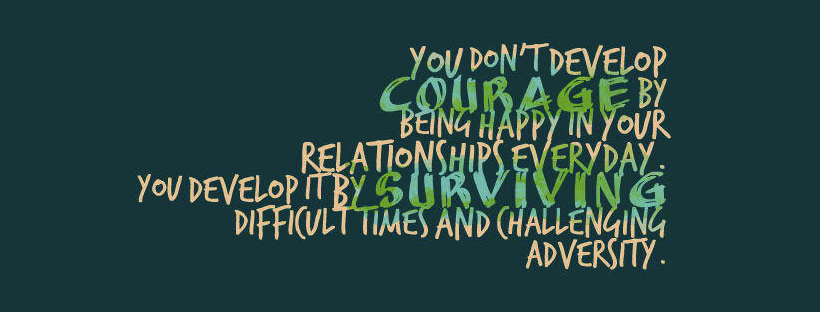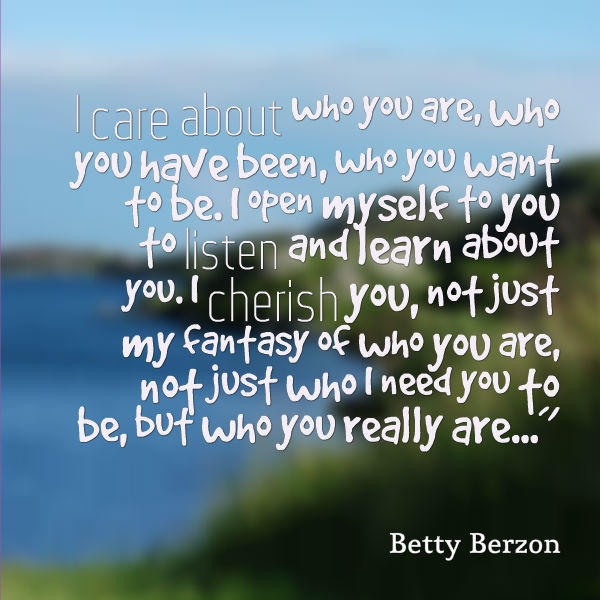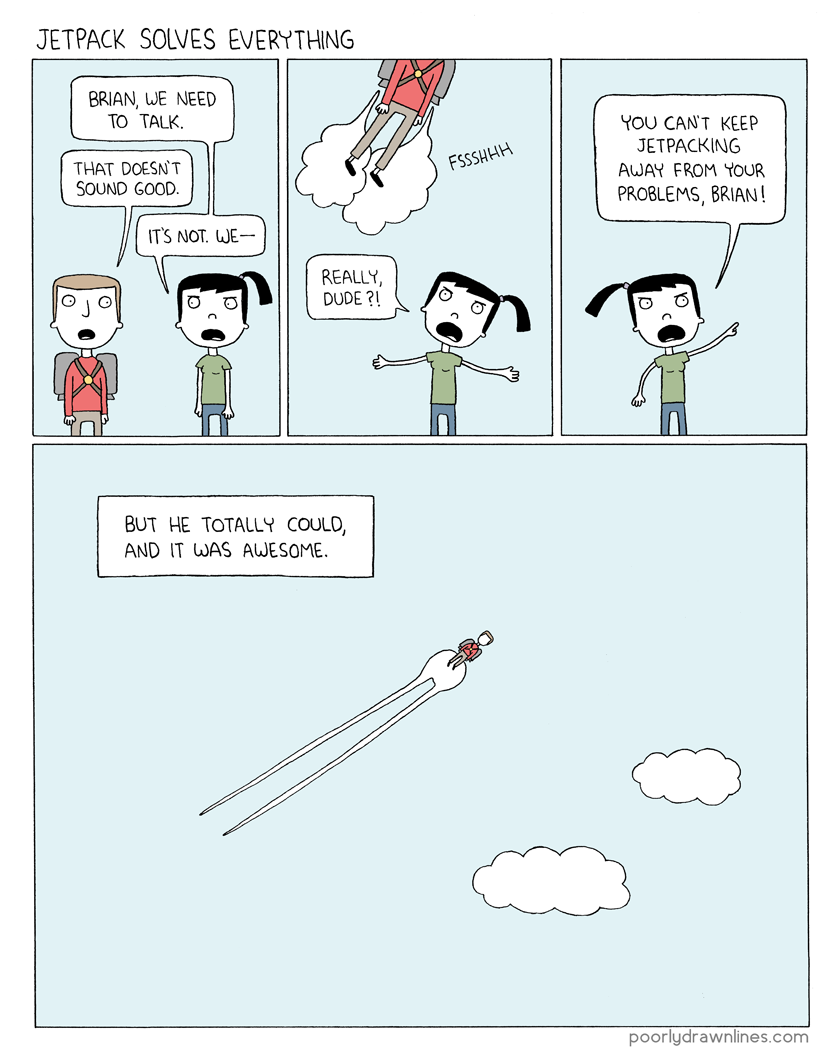
When conflict arises and people are feeling stressed, one of the first things that can disappear is the ability to listen to and hear each other. Part of the reason listening becomes more difficult is that, as our nervous systems start to escalate, we tend to move into fight/flight/freeze mode, filtering out most of what the other person is saying in favour of our worst assumptions and interpretations.
No wonder it’s so easy to skip listening and go straight to defending, attacking, and blaming. It can also be tempting to move straight to problem-solving, in hopes that a quick solution will make the discomfort of conflict go away. Problem-solving is certainly an important step in conflict resolution, but it is difficult to do effectively without all parties involved feeling listened to and heard. Learning to tolerate discomfort, while listening to another’s points of view, is an essential, though often difficult step, toward de-escalating and resolving conflict.
Because listening can be tough, especially during conflict, it’s a great skill to practice on a regular basis when things aren’t so stressful. As the listener, you can increase your ability to remain curious, without becoming defensive or judgmental. And by listening to the other person you are giving them a pretty rare gift. As the one being listened to, you can practice sharing how you feel or how your are perceiving a situation, without moving into accusations or blame.
If you are curious, give this 5 Minute Listening Experiment a try with a friend or partner. Set a time aside and decide who will talk and who will listen. Set an alarm for 5 minutes, and then switch roles. Initially it’s best to stick to topics that are not too sensitive.
Listener
- Pay attention to when you are truly feeling curious and when you are feeling defensive or judgmental. Notice any differences between these experiences.
- Notice how strange it can feel to simply listen and not respond or try to problem-solve.
- Remember that the other person is only sharing how they feel about something. It’s only one perspective.
- Listening does not mean you have to agree with what the other person is saying. It does show that you are curious to know more about why they feels the way they.
- Try imagining you are an interviewer, trying to gather information.
Speaker
- Its a real gift to talk about your experience without interruption, so take advantage of the opportunity to openly and honestly express how you are feeling or perceiving a situation. Be careful not to move into blaming or accusing.
- Once the 5 minutes is up, thank the other person for listening.
Life is busy and it would be unrealistic to expect people to devote endless hours to just talking and listening in this way. The good news is that this skill can be practiced in a very short period of time. Why not give it a try and see?











